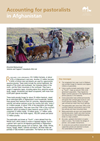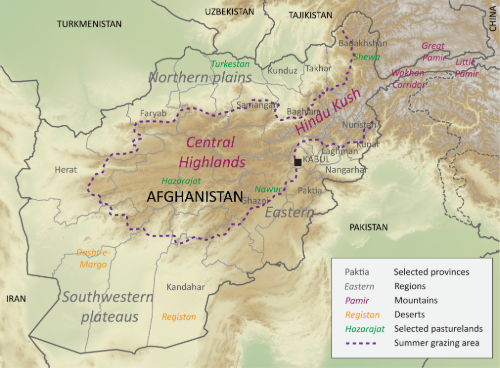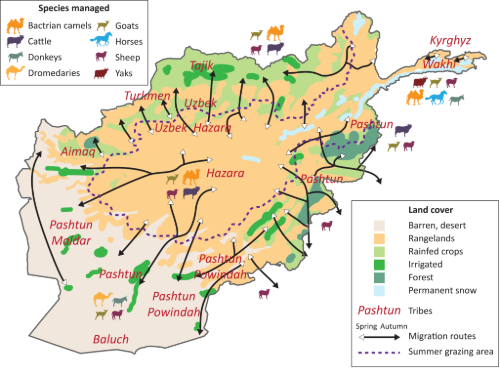Subjects
Animal genetic Resources
Biocultural protocol
Environment
Endogenous livestock development
Ethnoveterinary medicine
Livestock keepers’ rights
Livestock production
Marketing
Organizations
National Seminar: The Future of Camels in India: How to ensure their conservation and well-being
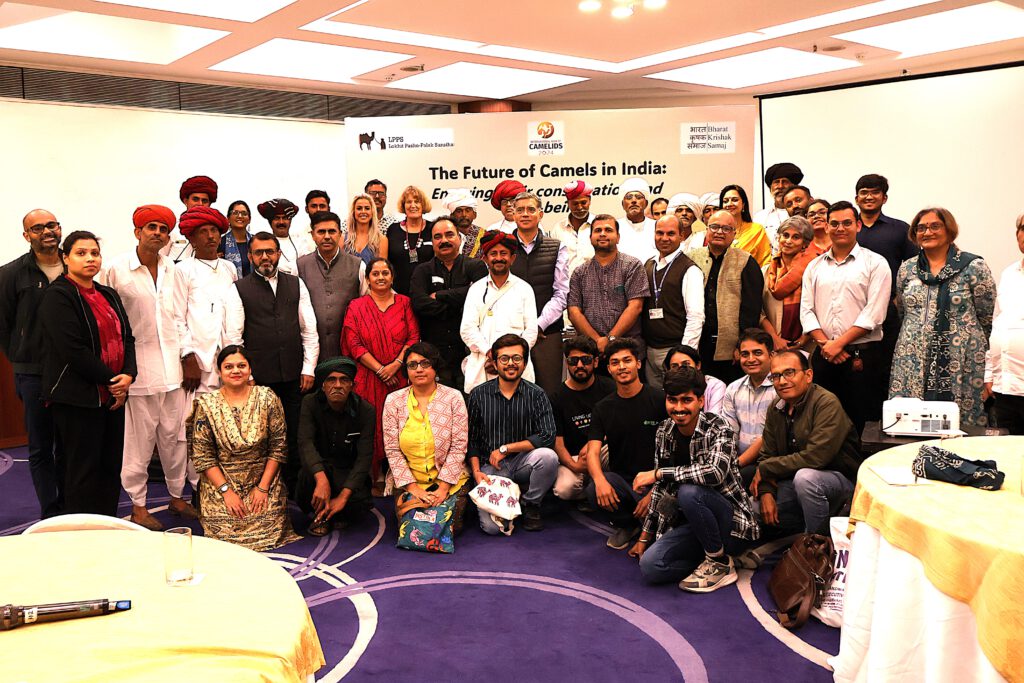
On 27th January, 2025, Lokhit Pashu-Palak Sansthan (LPPS) and Bharat Krishak Samaj (BKS) organized a National Seminar on ‘The Future of Camels in India: How to ensure their Conservation and Well-Being’ at the India Habitat Centre in New-Delhi. The event was attended by more than 50 stakeholders, representing the Governments of India and Rajasthan, FAO, camel herders from four different regions, NGOs, experts in various fields, as well as the animal welfare community.
After listening to a series of formal presentations, four working groups were formed to discuss the impact of the Rajasthan Law, the importance of Common Property Resources and synergy with the upcoming International Year of Rangelands and Pastoralists, how to attract and motivate young herders, and how to go about establishing Rajasthan’s camel milk as a cruelty-free’ and high value niche product.
The recommendations included:
- Repeal of the Rajasthan Camel (Prohibition of Slaughter and Regulation of Temporary Migration or Export) Law.
- Herders must be given respect and dignity, and their young generation requires incentives.
- Conservation of Common Property Resources (CPR), such as oran, and establishment of a ‘Pastoral Cell’ within the Rajasthan Government.
- Positioning camel milk as a superfood and its products as Rajasthan’s culinary specialty.
The proceedings of the seminar and selected presentations are available below:
- Proceedings of the National Seminar
- The current status of the camel in India in a global context by Ilse Köhler-Rollefson
- The Impact of the Rajasthan Camel (Prohibition of Slaughter and Regulation of Temporary Migration or Export) Law by Hanwant Singh Rathore (LPPS)
- Upscaling camel milk market by Ramesh Bhatti (CfP)
- The culinary potential of camel milk by Kumud Dadlani (Edible Issues)
- Why I chose camel milk from Rajasthan by Augusta de Lisi (Nomadic Nutrition)
- Perspective on camels from the Wellness sector by Yogendra Singh Mertiya (Fabindia)
For more information, contact Hanwant Singh Rathore at lpps.sadri1996@gmail.com or Dr. Ilse Köhler-Rollefson at ilse.koehlerroll@gmail.com
Accounting for pastoralists in Afghanistan
With camelids into a sustainable future
Pastoral camelid husbandry is rapidly changing worldwide. Whether in the drylands of Asia and Africa (the “Old World”) or in the Andean highlands (the “New World”), camel herders face increasing challenges.
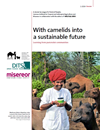
This dossier by the League for Pastoral Peoples, the German Institute for Tropical and Subtropical Agriculture and Misereor offers a differentiated picture of camelid pastoralists’ realities. An introduction to the importance of pastoralism worldwide is followed by an analysis of how camelid husbandry has evolved over recent decades. In the second part, you can learn about pastoral camelid keepers in the Andean highlands, Eastern Africa and Mongolia. The third part of the dossier looks at the role of research on camelid pastoralism and discusses camelid policies that are needed for a resilient future.
The dossier is available in English and German.
- 1
- 2
- 3
- 4
- …
- 86
- Go to the next page

